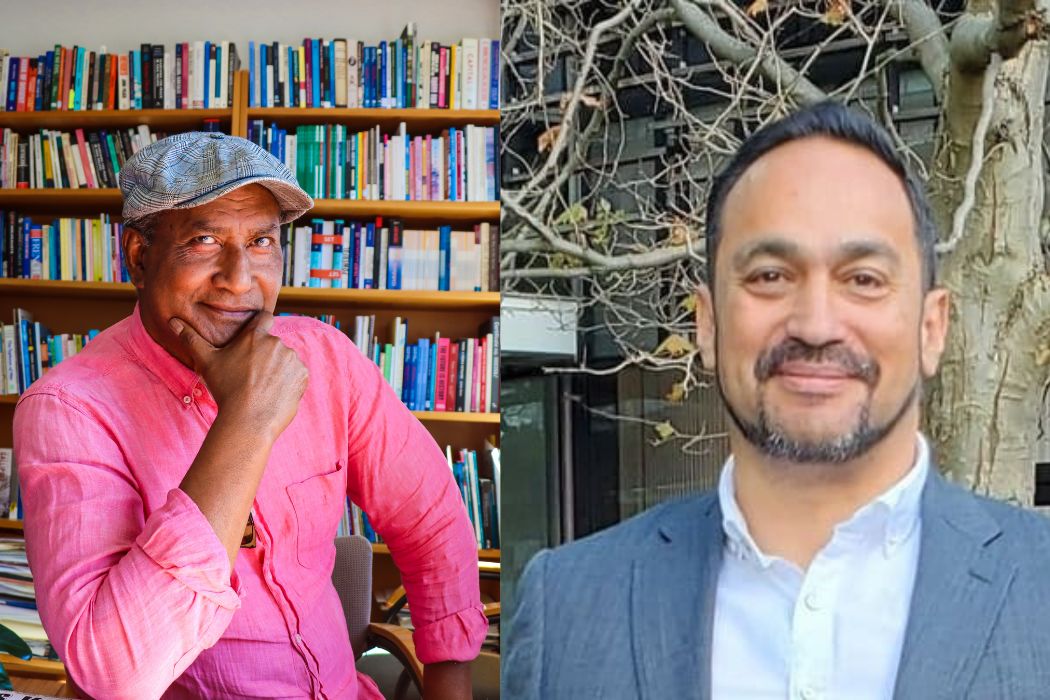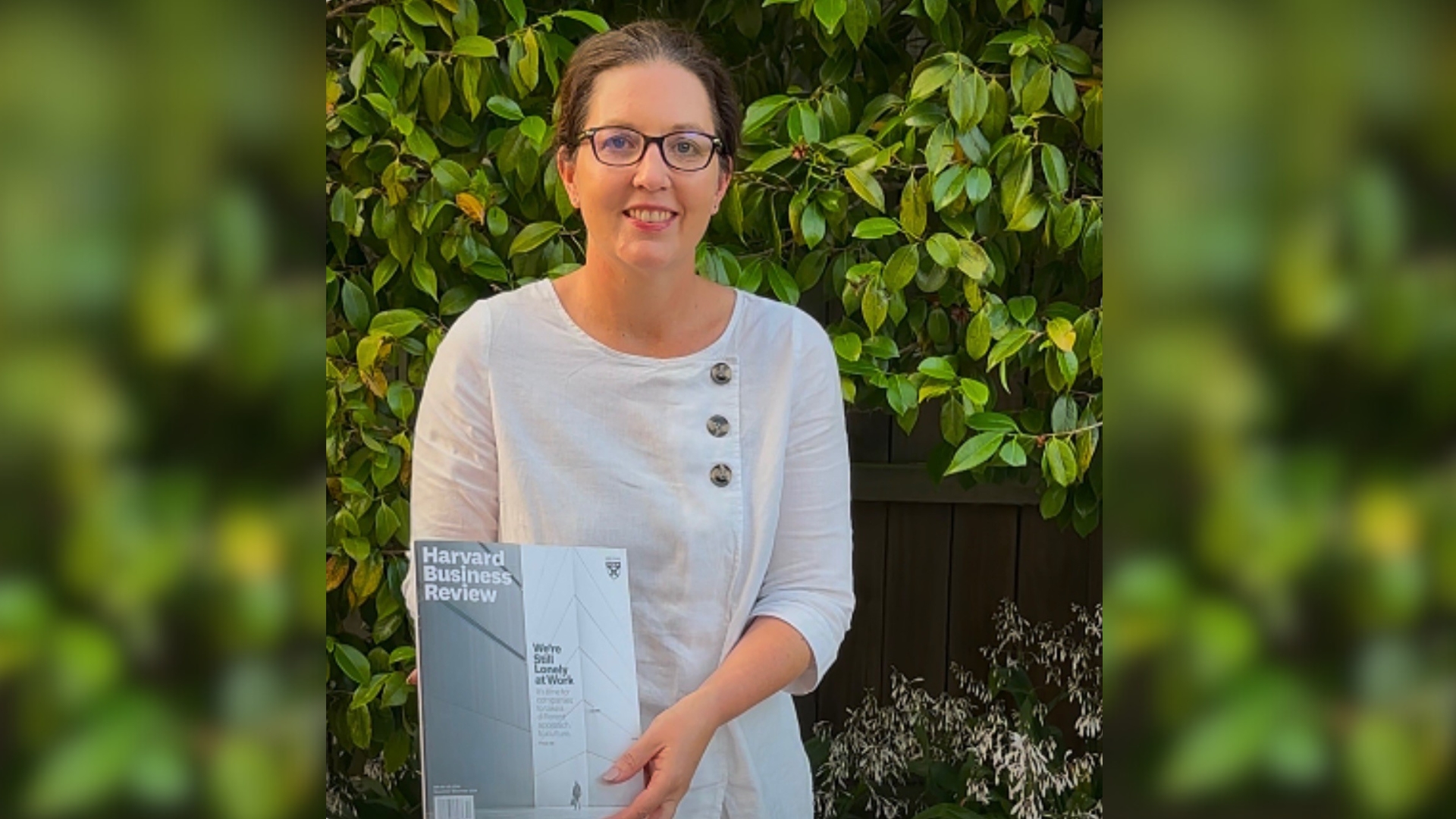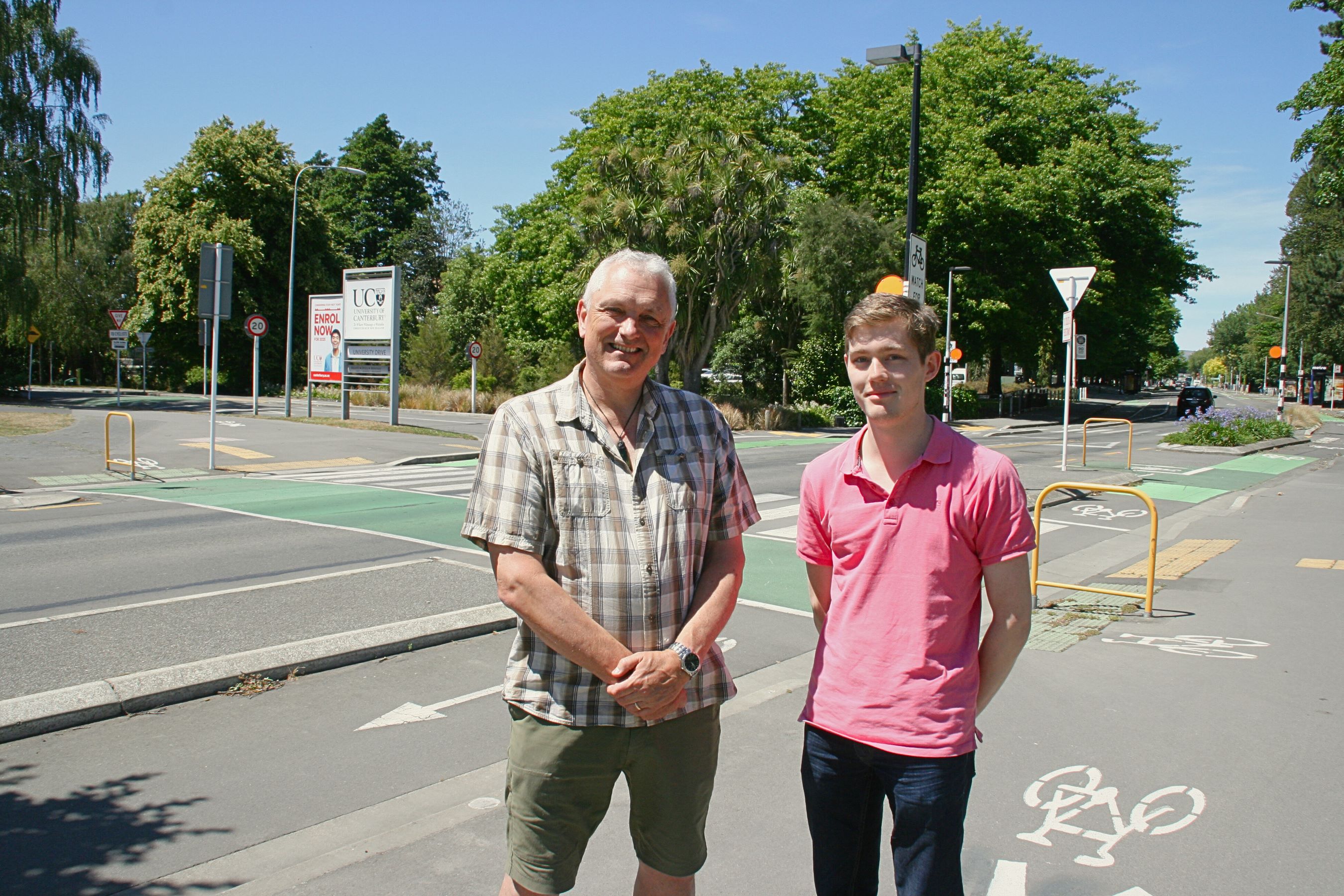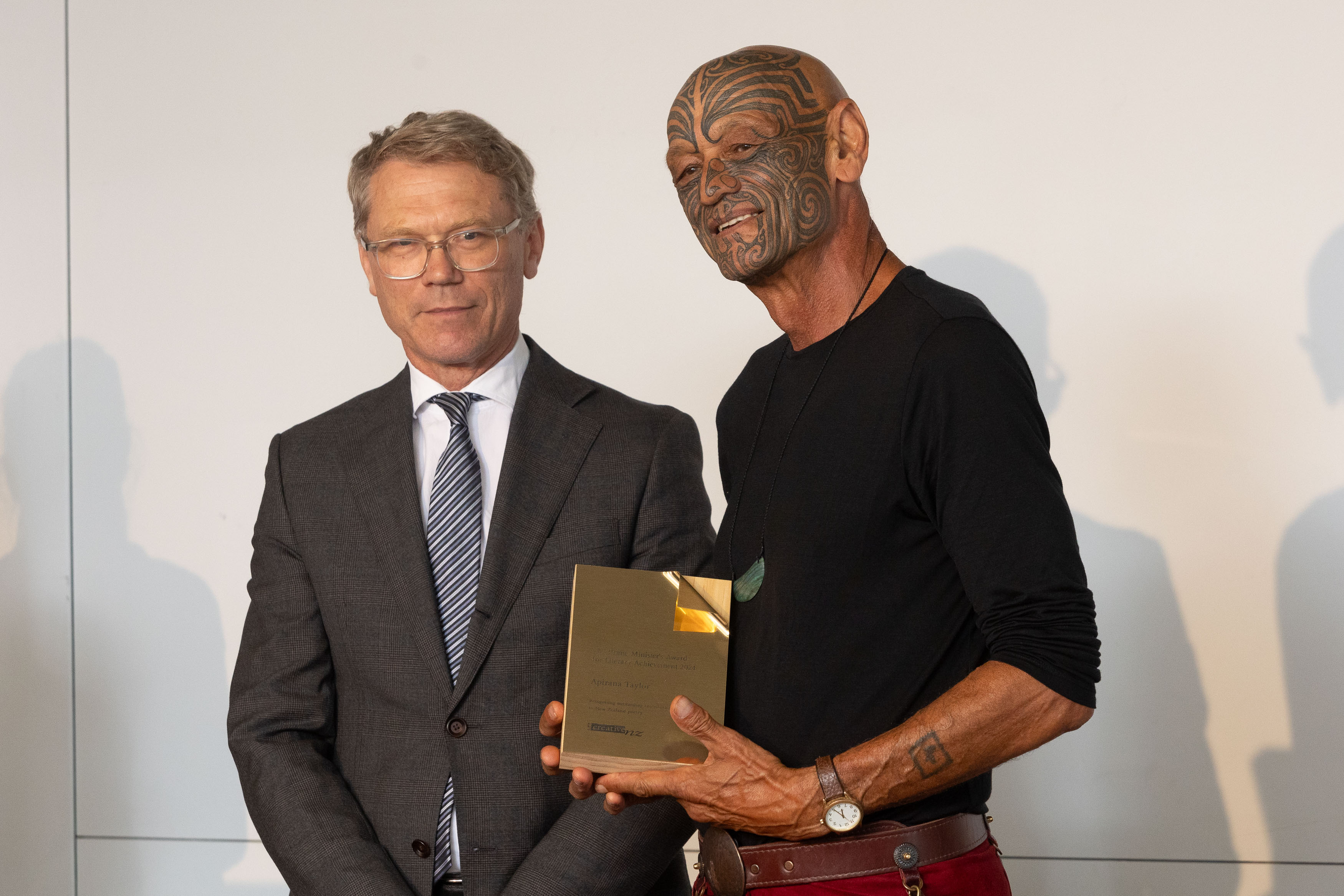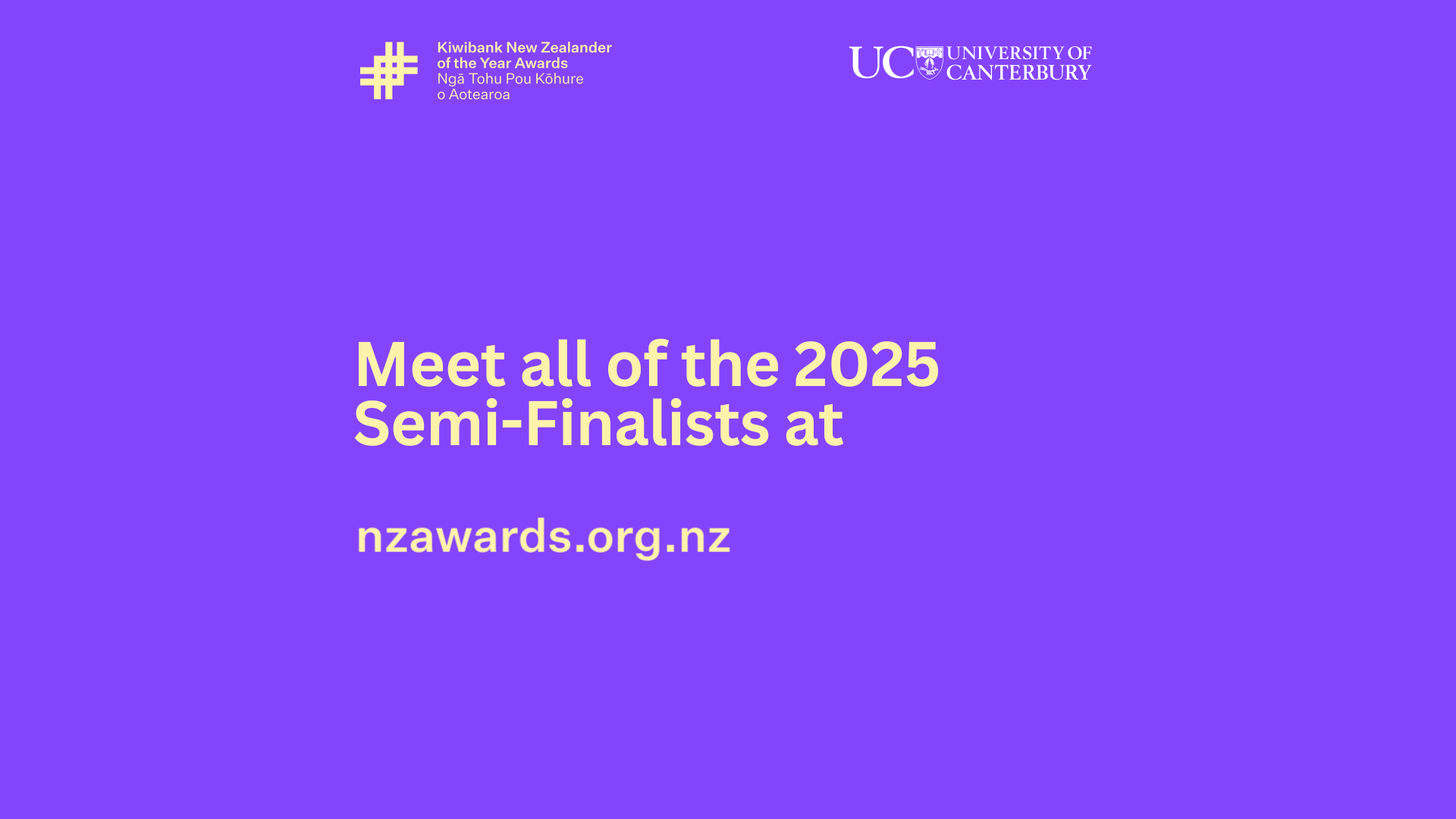Photo caption: UC’s Distinguished Professor Charles Semple has been recognised for outstanding contributions to the advancement of chemical, physical, mathematical, or information sciences.
Professor Semple, from Te Whare Wānanga o Waitaha | University of Canterbury, is known for innovative mathematical research in phylogenetics and matroid theory, which fall under the broad umbrella of discrete mathematics, but are two disparate fields.
Phylogenetics is the study of evolutionary trees and networks based on inherited characteristics. Phylogenetic methods are widely used by biologists to classify species, date evolutionary events, and trace the origins, relationships and future developments of viruses such as influenza.
One highlight of Charles’ seminal work in this area is on the mathematical structures underlying non tree-like evolution such as hybridisation and lateral gene transfer. These biological processes occur outside the way that traits are typically passed down from parents to offspring.
Matroid theory is a form of pure mathematics that studies geometric structures. Matroids are a way of setting down (or notating) finite geometric configurations, such as representing a matrix or a graph as sets of independent factors. Matroids are important for optimisation problems and have applications in electrical engineering and coding theory.
Charles has developed essential tools and technical breakthroughs for the matroid minors project, which is widely recognised as the most far-reaching project in matroid theory. He has also pushed the boundaries of polymatroids (generalisations of matroids).
After gaining an Honours degree in mathematics, Charles trained as a teacher and taught at two secondary schools for four years before travelling overseas, beginning with a trip to East Africa. “It was somewhere between standing for hours in an overcooked and overcrowded bus along the Kenyan coast from Mombasa to Lamu, and a week-long walk in the mountains bordering Uganda and Zaire, that I began thinking about mathematics and wanting to solve mathematical problems,” Charles recalls.
He bought a mathematics text and exercise book in Nairobi and starting “doing some sums”. After teaching for one final year in New Zealand, he enrolled for a Masters in mathematics.
In accepting the award, Charles said: “Thank you to all of my collaborators, including students, many of whom have become close friends. A particular thank you to Geoff Whittle, my PhD supervisor, and Mike Steel, my postdoctoral host. Lastly, a special thank you to Brigitte and our children for their support and allowing me to frequently collaborate away from home, thereby continuing my love of travel and doing sums.”
In awarding this medal, the selection committee noted that Charles’ work in either of the two distinct fields he contributes to would make him a worthy medal recipient. They also noted his commitment to advising and mentoring early-career mathematical researchers.
Royal Society Te Apārangi awarded Charles the Hatherton Award for the best paper by a PhD student in the sciences in 1998, the Hamilton Memorial Prize in 2003, and elected him a Fellow of the Academy in 2013.





